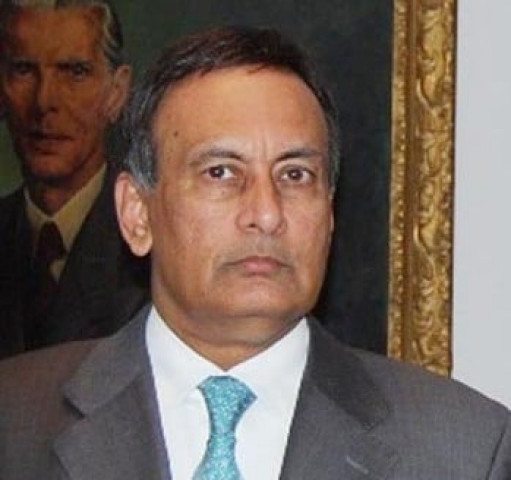Memogate claims its first victim
The immediate impact for Pakistan will be a vacuum in Washington DC, the most important foreign capital for Pakistan.

The immediate impact for Pakistan will be a vacuum in Washington DC, arguably the most important foreign capital for Pakistan (as would be for most other nations). Haqqani’s shoes, however, may be difficult to fill because if anything, he was good at his job and was reputed to have direct access to senior Congressional leaders as well as top officials in the Obama administration. He was also well-connected in the think-tank and lobbying circuit, which was certainly an asset given the nature of his role.
As for the other protagonist in ‘memogate’, Mansoor Ijaz, reportedly he is no angel either. Certain questions surrounding his role need answers as well. For instance, what made him go public with his claims on the memo and its authorship? Why did he see fit to meet, as reported in a section of the media (and not denied) with the head of the ISI and present the ‘evidence’ to him? Wouldn’t it have been better to submit this before an inquiry or the prime minister? Of course, if the memo was indeed sent, it was a very ham-handed and downright silly way of reining in the country’s powerful military. The principle, that a democratic nation’s military be subordinate and under the control of an elected civilian government is something that needs to be implemented in Pakistan as well but that will happen only if our elected governments get the foresight and the courage to go about doing this in the correct way: that is, through their electorate and by rallying popular support to this just cause.
Published in The Express Tribune, November 23rd, 2011.














COMMENTS
Comments are moderated and generally will be posted if they are on-topic and not abusive.
For more information, please see our Comments FAQ